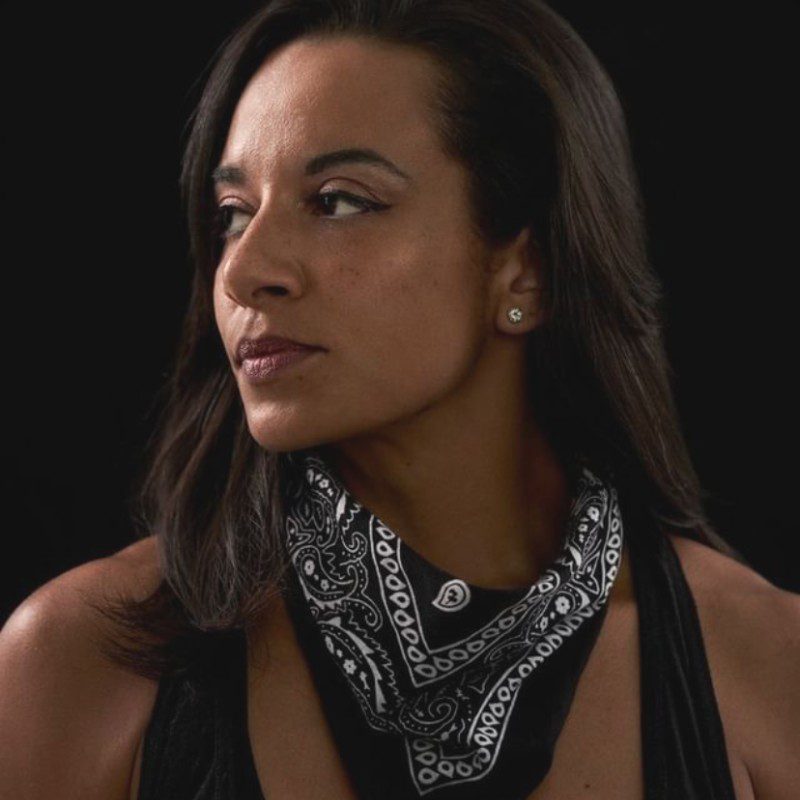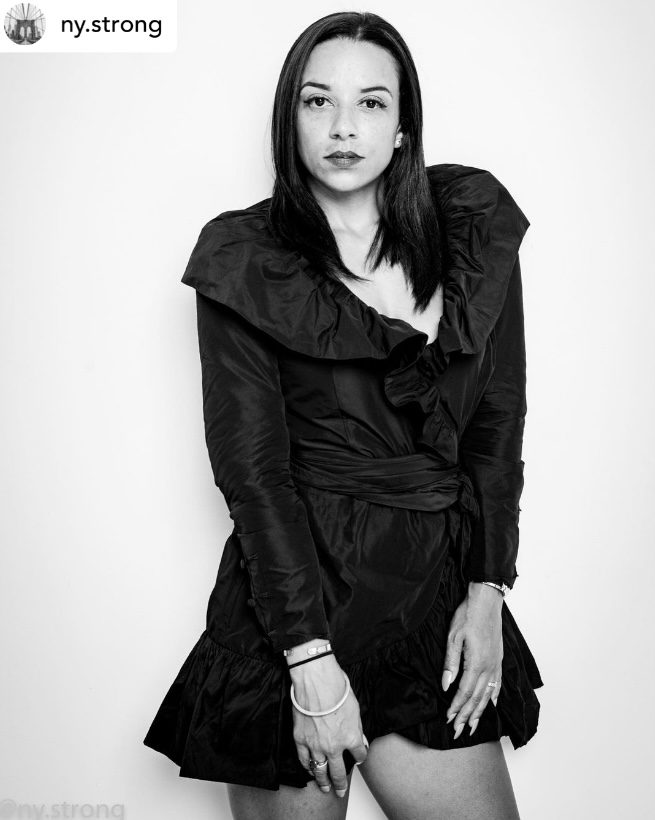
Interview: Sexologist Michelle Hope
Image via Michelle Hope on LinkedIn
Part 2 of a conversation on a Post-Roe World. This interview has been edited for length and clarity

How does sexology complement or compete with other “ologies”?
Sexology, most fundamentally, is the study of human sexual behavior. This can encompass a number of fields and professions. Sexology can relate to things such as sex, gender, and sexual health. For me, my passion lies in the intersection between race and sexuality — how that implicates an individual’s experience on a daily basis. One of my favorite sayings that I use to encapsulate my career is “from the womb to the tomb, sexuality is part of your everyday life.” Oftentimes, this includes ways we do not necessarily recognize. Even in my own life, I’ve had instances when sexuality issues were at play. When I’ve met people and they’ve shaken my hand, they remarked how strong it felt. I responded, “would you say this if I were a man?” This anecdote is paradigmatic of all our interactions and highlights how they are rooted in sexuality.
Are they any common misconceptions you receive regarding your career? How do you think that affects sexology as a whole?
When people hear I’m a sexologist, they immediately think of the act of sex. They assume I’m there to give sex advice to people and, while that is part of my profession, that downplays the importance of the field as a whole. For example, sexology is deeply associated with social justice; I think people need to better understand that sexuality extends beyond sex itself.
Besides a sexologist, you are also an entrepreneur. Can you share with us a little bit about your firm Mixed Moxie? What does your day-to-day look like?
Mixed Moxie is a consulting firm which seeks to work with organizations to better understand the intersections of sexology. This includes work on the destigmatization, demystifying of sexuality into a broader sense.
My day-to-day life varies wildly. I might be working on a parent workshop so they can better understand their child’s puberty; or, I could be designing sex education programing for schools; or, I am producing content for adult on topics such as abortion care, gender, or legislative policy.
You have been giving lectures for over 15 years now. How have they changed over that period?
It has absolutely changed over that period. When I first began public speaking, I was mainly giving lectures to middle and high school students. The talks were usually connected to issues related to self-esteem, body positivity, and self care; those were given solely to a female audience. For both male and female students, my lectures were more broad in nature — exploring and building healthy relationships, intimacy, consent. Most fundamentally, my purpose was to provide frank conversations to students about puberty: to understand their bodies and to be given the tools to be informed young adults.
I did give parent lectures, as well. That was intended to deepen their understanding on how to support their children during puberty and how to approach issues of sexuality. I’ve noticed that people my generation did not really receive sex education, and, if they did, it was not compehresive. My goal is to fill those gaps.
In general, nowadays, I give talks on sex and sexual relationship: how to engage in one’s sexuality and feel whole as a person.
How have the communities you interacted with changed over the last decade? How does that shape your work?
I have seen an increase in the LGBTQIA+ youth. That has totally shifted how I work with young people. I speak differently; my content is different; my job requires me to know more material specific to that community. It requires me to be more inclusionary, to be intentional in being inclusionary. We cannot put them in a box like they did in generations before. We need to build safe environments.
You’ve mentioned in the past the importance of grassroot mobilization. Where do you see community involvement in social change?
Right now, people need to get involved. Big proponent of Comprehensive sex education and the need for accessibility for young adults. Affirming, age appropriate, biologically accurate, culturally responsive. Across the country, we have a patchwork of policy, education, and legislation. It does not equitably give young people the information they need to be healthy, thriving adults. I think people get scared with the idea of educating young people about sexuality. When you give a young person the opportunity to learn about it, from a trained professional, you are giving them the opportunity to make the most appropriate and healthy decision for themselves.
In regards to the community, school involvement is of utmost importance. Making sure that schools are providing programing for their students on sex education is a necessary step for the entire country. Legislation like REAYAH, the Real Education and Access for Healthy Youth Act, is important to ensure sex education on a nationwide scale. Conversations around the kitchen table are necessary, but that cannot replace professional sex education.
In the given political climate, with the overturning of Roe. V. Wade, how has that changed the way you conceive of Reproductive Justice?
Now, more than ever, we need to continue to advocate for sex ed. If we do not teach young adults how to protect themselves from situations such as unplanned pregnancy, you are setting them up for failure – especially in the states that have banned abortions. More broadly, when young people have access to sex education, they are givent the opportunity to critically think about situations before they are in them. It will allow them to practice the language, attitudes, and behaviors that will keep them safer in the given climate.
For all peoples, we need to get involved in the fight for reproductive rights and reproductive justice.
Now that you are a decade-plus into this career, is there anything you wish you knew when you began your profession?
First, I think it’s important to realize, for me personally, I do not believe that I chose this career; I believe the career chose me (to learn more about Michelle’s life story, watch her TEDx talk). What I’ve learned through these years is on par with what I experienced when I was younger. One thing I wish I had known at the beginning is that “common sense is not common.” Two, to be aware that the fight was only going to get harder. For me, I never thought we’d be in a post-Roe reality.
What advice would you give someone interested in becoming a sexologist?
Do the work. I often stress that the job isn’t as sexy as it is perceived in the public. My day is usually reading legislative policy. Second, identify what space you want to work within. Think beyond sex. It cannot just be that. As sexologists, our reality asks more of us.


